The Texas Senate has passed SB 712 — a bill critics say could hurt grid reliability and halt progress on renewables — in a legislative action with the potential to alter the future of clean energy development in one of the fastest-expanding solar markets in America.
Senate Bill 712, which was passed by a vote of 19–12, contains new reliability standards for electric generation facilities located in the Electric Reliability Council of Texas (ERCOT) region. Adding to alarm in the renewable energy sector, he said these requirements are to be applied retroactively to facilities operating for more than one year (other than self-generators).
Aurora Energy Research issued a warning that the bill, along with its other half, House Bill 3356, could:
- Reduce grid reliability, regardless of that intent,
- Increase consumer electricity prices, and
- Require firming contracts, which are already rare, creating an unviable market for renewables.
Key Findings from the Aurora Report:
- Competition is fierce, as only 50% of firming needs can be met by 2026
- Immediate compliance burdens with no tangible reliability gains for a minimum of 6 years and possibly never.
- There is not a great deal of further flexible capacity to dispatch from thermal power plants that are already running to meet peak demand, compromising the feasibility of additional reliability benefits.
The legislation further provides for exemptions from penalties relating to unavailability of resources, which could favor technologies that can operate 24/7 or have two interconnected grids—targets that are usually met more easily by fossil-based generation than renewables.
What This Means for the Industry
According to the Solar Energy Industries Association (SEIA), Texas is second by solar growth over the next five years, with a projected 41 GW, and is on track to become the nation #1 solar state. The concern is that bills like SB 712 and, worse, bills like SB 819 that will be seen by many as anti-clean energy transition bills could halt some of that momentum.
Finulent’s Take:
We see this as a moment of inflection for solar, storage, and grid resilience stakeholders at Finulent Solutions. Policy shifts like SB 712 are very disruptive — but they also underscore the value of innovative, nimble, grid-responsive engineering design. We continue to remain focused on on:
- Using adaptive grid modeling to future-proof solar and EV infrastructure,
- Assisting clients with BIM integrated design for compliance-ready projects, and
- Support of dual interconnection and hybrid systems in accordance with emerging regulatory frameworks.
While Texas continues to wrestle with these headwinds of policy, Finulent Solutions is proud to continue partnering with innovative developers, EPCs, and utilities to make clean energy not just viable—but resilient and scalable.
Source: PV Magazine

